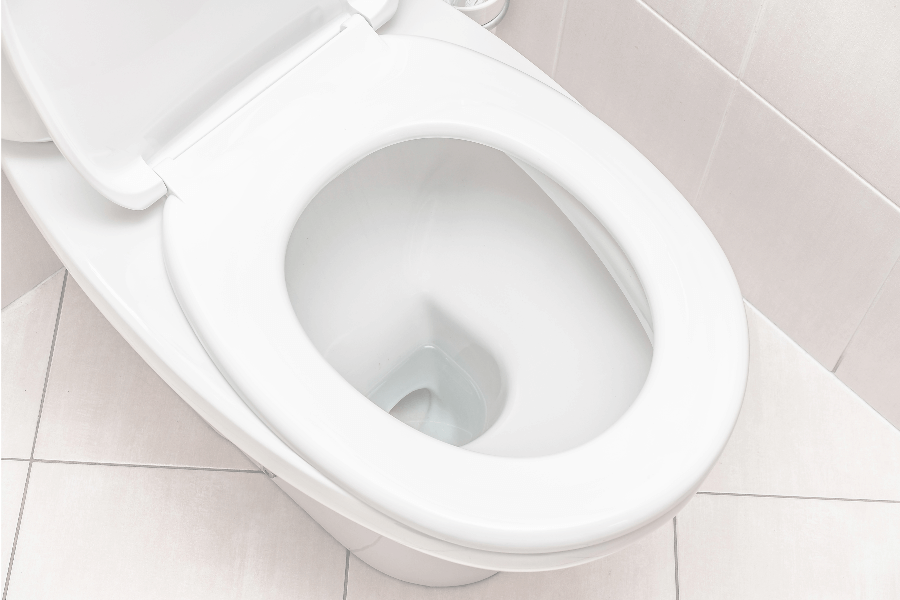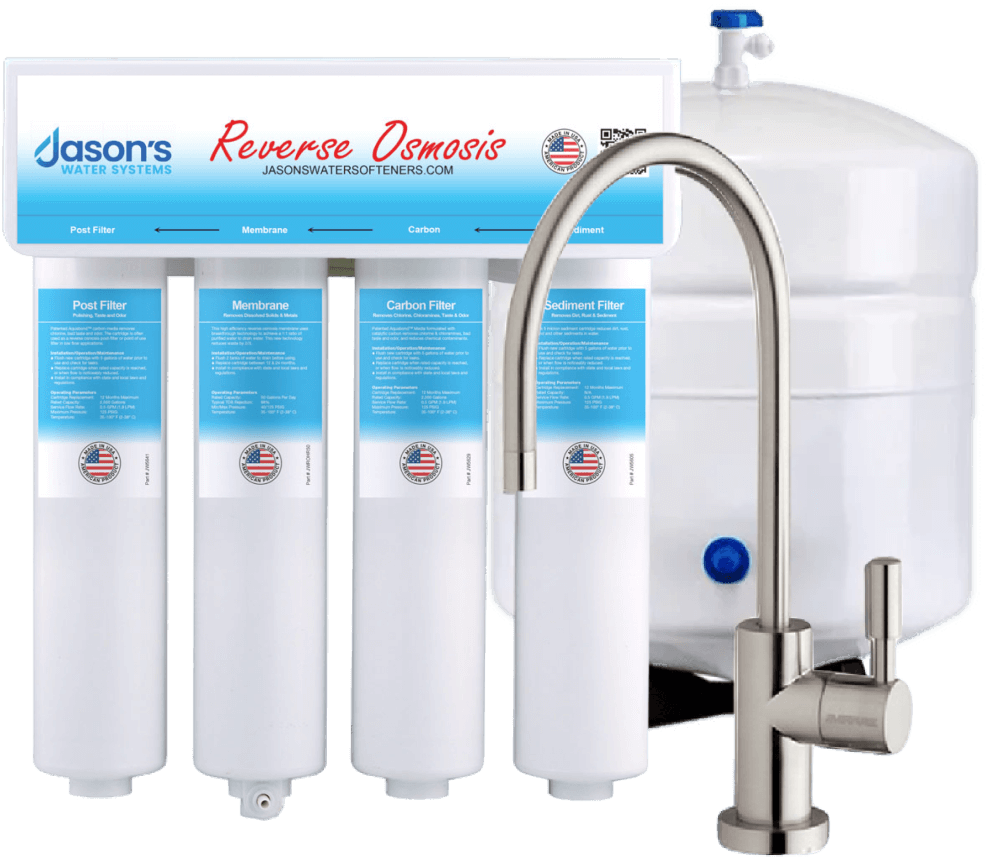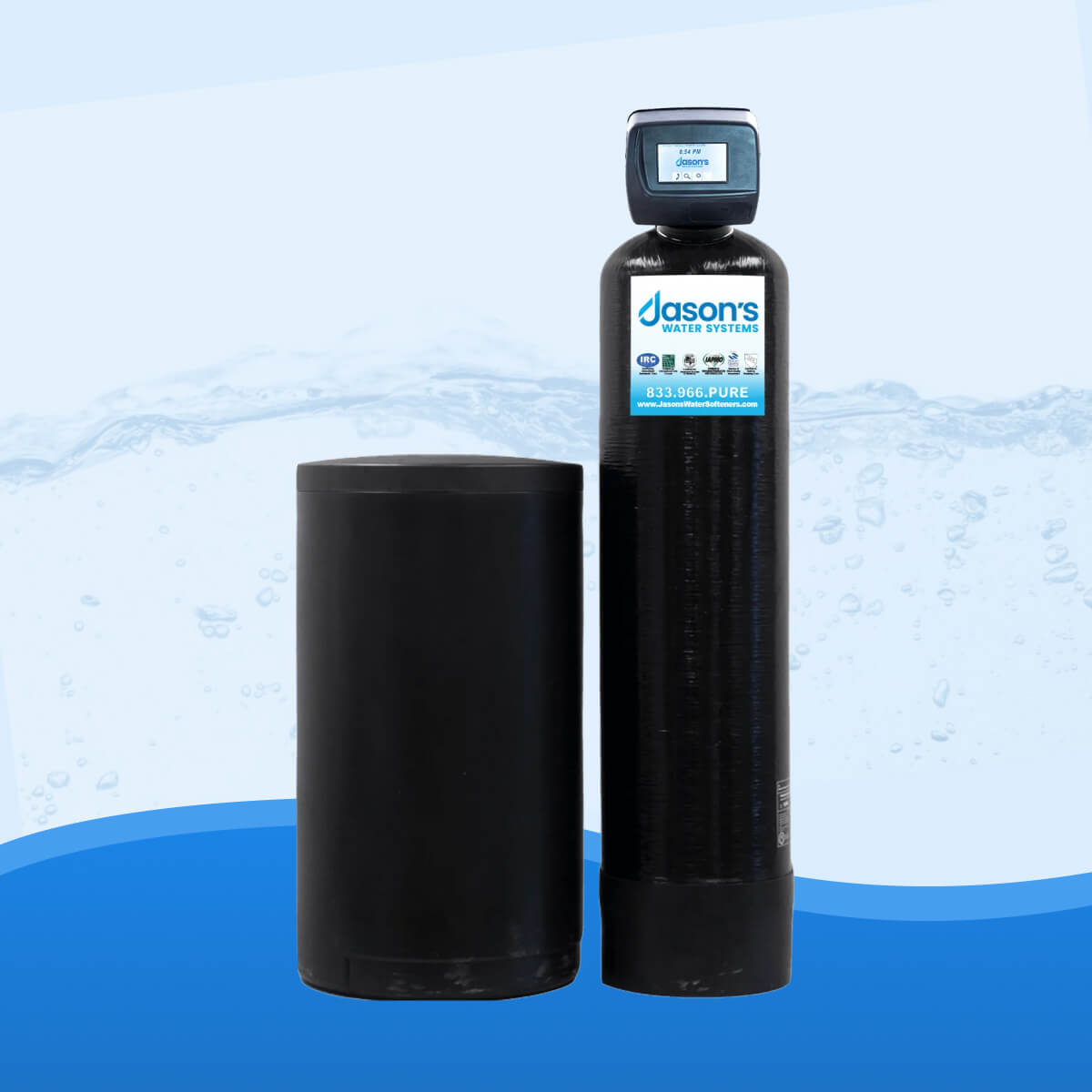
How Hard Water Impacts Toilets
Water quality is essential for various reasons, from how it impacts our health to its effect on our appliances. One household fixture we often overlook when discussing water quality is the humble toilet. Yet, the toilet is a central part of our daily routines. And for residents of Texas, where hard water is a common issue, the effects of water quality on toilets can be quite significant. The State of Texas actually has some of the hardest water in the country, which you can learn more about here. In this article, we'll explore the impacts of hard water on toilets and what you can do about it.
What is Hard Water?
First and foremost, let's understand what we mean by "hard water". Water becomes "hard" when it contains high levels of minerals like calcium and magnesium. Hard water can cause a plethora of problems, including issues with dry hair and skin, as well as household issues, especially for appliances and fixtures that use water frequently, like toilets, dishwashers, and washing machines.
The Impact of Hard Water on Toilets
- Staining: One of the most noticeable impacts of hard water on toilets is staining. Over time, hard water leaves behind a reddish-brown or whitish residue. These stains, while mostly aesthetic issues, can be tough to clean and may require special cleaning products or a lot of elbow grease.
- Buildup: Hard water leads to mineral deposits accumulating over time. In toilets, this buildup can manifest as limescale, which forms under the rim and in the bowl. This not only looks unappealing but can also reduce the toilet's flushing efficiency.
- Clogging: In extreme cases, the mineral buildup from hard water can cause clogs, restricting water flow. This can result in poor flush performance or even lead to blockages, which could require professional intervention.
- Increased Cleaning Frequency: Toilets in hard water areas often need cleaning more frequently. The mineral deposits from the water lead to more stubborn stains, meaning homeowners spend more time and resources on maintenance.
Addressing the Hard Water Problem
So, what can you do to mitigate these issues? Here are some steps you can take:
Install a Water Softener: A comprehensive solution to tackle the hard water problem at its root is to install a water softener. Jason's Water provides water softening systems specifically designed to combat Texas's hard water, ensuring that all the water entering your home, including your toilet, is softened and free from excess minerals. Without a doubt, installing a water softener is the ultimate solution to combat hard water at home. Learn more about how water softeners work here.
- Regular Cleaning: Make it a habit to clean your toilet regularly to prevent mineral buildup. Using a mixture of white vinegar and baking soda can help dissolve minor mineral deposits.
- Check for Existing Buildup: If you suspect that hard water has already affected your toilet's plumbing, it might be time for a professional assessment. This can help identify any existing issues and provide appropriate solutions.
For Water Softeners in the State of Texas, Trust Jason’s Water Systems
While we might not often consider our toilets when thinking about water quality, they are significantly affected by the kind of water we have in our homes. If you're dealing with the challenges of hard water in Texas, remember that Jason's Water Systems is here to help. We provide top-notch water-softening solutions that not only protect your toilets but all your appliances and fixtures from the perils of hard water. Embrace a cleaner, more efficient home environment with Jason's Water Systems. Contact us today for your FREE water test to see how hard the water is at your home.










